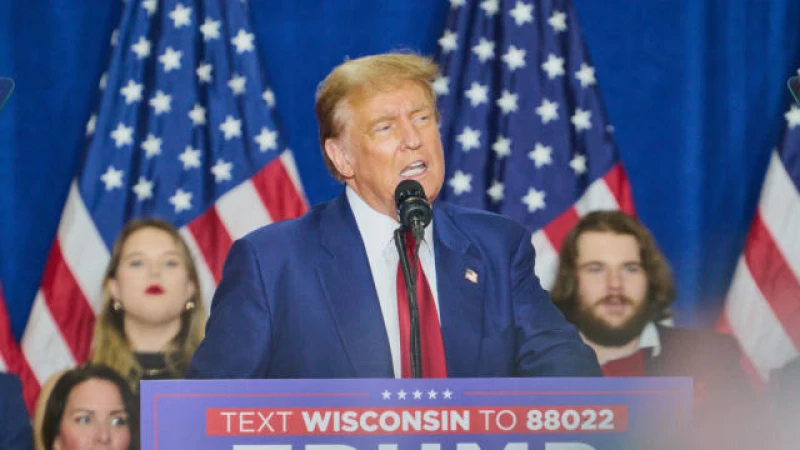A ruling on Thursday in Georgia denied the attempt by a group including former President Donald Trump to dismiss a case related to the 2020 election in Fulton County. The judge, Scott McAfee, stated that the First Amendment does not shield the defendants from prosecution.
McAfee's 14-page order refuted the defendants' claim that the charges infringed on the First Amendment's protections of political speech and the right to petition Congress.
"[F]ree speech — including political speech — is not without restriction," McAfee wrote. "These excluded categories include speech integral to criminal conduct, fraud, or speech presenting an imminent threat that the Government can prevent."
Donald Trump and 18 other co-defendants were charged last year with state offenses by a grand jury in Fulton County, following an investigation by District Attorney Fani Willis and her team. The prosecution alleged that the defendants collaborated to reverse the election results in Georgia after Trump's loss in 2020. Trump and most of the co-defendants have pleaded not guilty and refuted any wrongdoing, while some others have accepted plea agreements.
The former president is confronting 10 felony charges, after McAfee dismissed three charges against him in a prior ruling.
A legal battle ensued as defense attorneys contested the validity of the state laws that formed the basis of the charges, arguing that the actions in question were protected political expressions. However, the presiding judge, McAfee, determined that the protections of the First Amendment did not apply in this case, as the speech in question was allegedly linked to criminal conduct.
The judge emphasized that even though the speech may have touched on important public issues, it could still be subject to prosecution if it was purportedly used to advance criminal endeavors.







